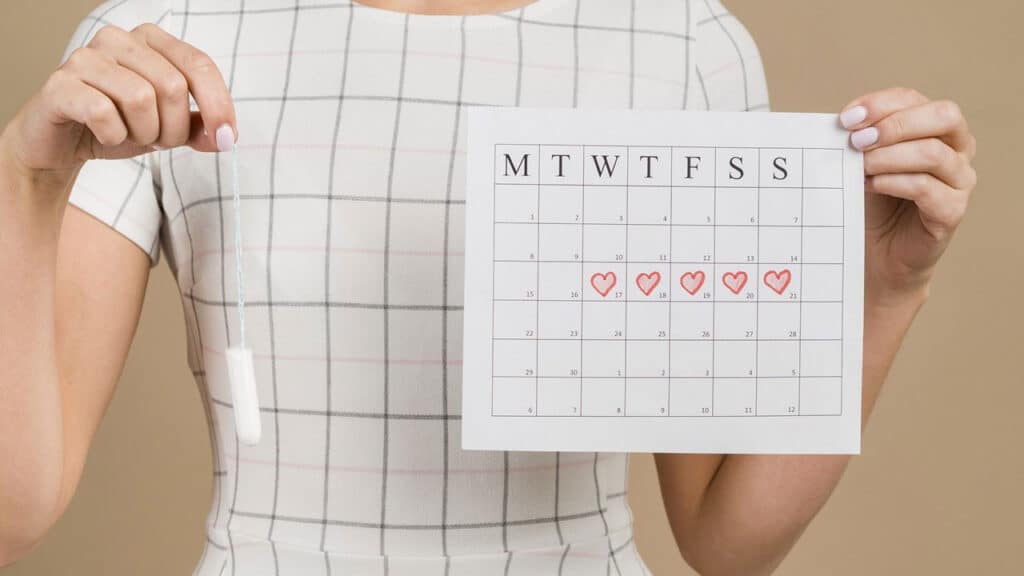If you menstruate, you know just how aggravating this particular set of bodily functions can be. Every month you go through the same cycle of shifting hormones that lead to fatigue, mood swings and all sorts of physical changes on top of the ever-uncomfortable bleeding. For people measuring their hormones and trying to improve their energy levels, the menstrual cycle cannot be ignored.
It’s easy to think of menstruation as being just about when you’re actively bleeding, but that’s only a small part of a month-long process. Your changing energy levels can be directly linked to when your hormones, specifically estrogen and progesterone, increase or decrease.
On the first day of your period, when you actually start bleeding, your estrogen and progesterone are low. This can make you feel tired and sluggish. It’s perfectly natural, if unwelcome, and it’s a good idea to try to avoid a hectic schedule at this time of the month. If you can take a nap, you should, although this isn’t an option for everyone.
Estrogen starts to increase as you enter what’s known as the follicular phase. This is when the ovaries get ready to start producing an egg. Higher estrogen means more energy, so this is a good time to catch up on delayed work or to embark on a more challenging task.
Ovulation begins around day 14 (assuming a 28-day cycle) and it’s when your estrogen levels peak. You’ll also see high levels of other hormones like luteinizing hormone (LH) and testosterone. Testosterone can also make you more outgoing (although in particularly high levels, it’s associated with aggression), so now is a good time for big events or team projects. If you wish to get pregnant, this is when you should try to conceive.
Between ovulation and menstruation is the luteal phase. What happens to your body depends on whether the egg is fertilized or not. Assuming it’s not, hormones will start to drop again and you may experience premenstrual tension. If you’re feeling bad, try to stop and take care of yourself.
Planning life around your cycle may seem strange, but it’s a good way both to understand your own biology better and to make the most of your time. For people whose cycles are out of balance with excessive hormone changes, medical intervention like hormone therapy may help restore your quality of life.




